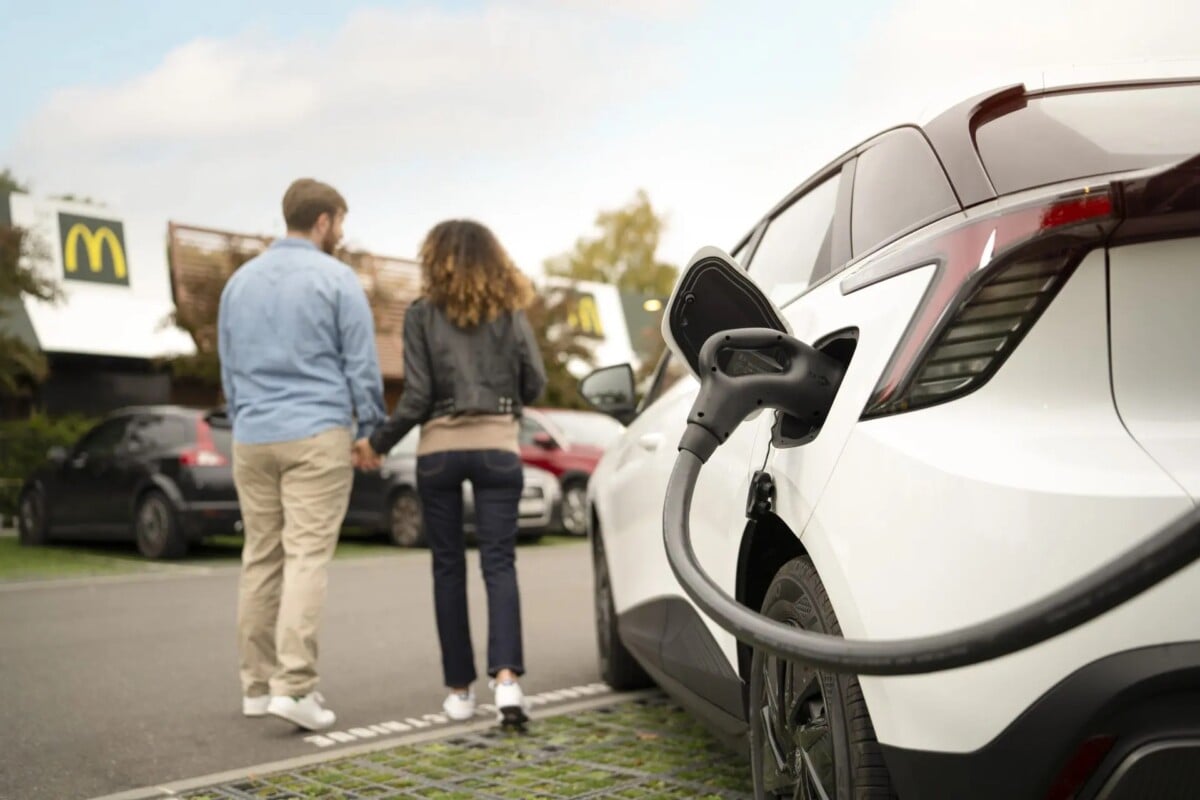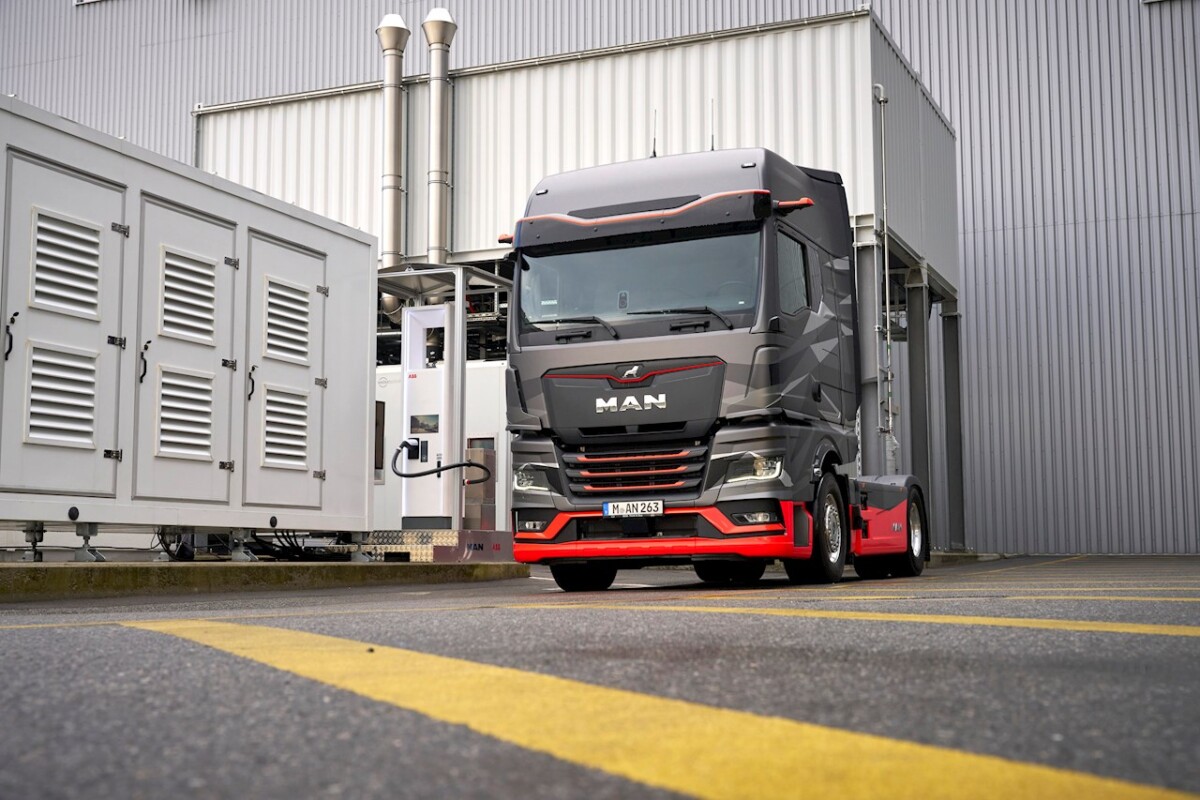On April 13, the AFIR will come into force, which will notably require operators of charging stations for electric cars to install bank card terminals. But this is not the only measure that will arrive.
Electric cars continue to progress, with the Tesla Model Y still dominating the market. However, certain aspects still hold back motorists, such as price and range, as well as recharging. And this even if the terminals are more and more numerous in France.
Even easier charging
However, it is not always easy to take advantage of it, because not all of them have a bank card payment terminal. So, sometimes you just have to scan a QR Code, which is still simple, but some require a badge to request in advance or a subscription to a specific service. In short, it can quickly become very complicated. But things are gradually changing. And especially thanks to the European Union.
Parliament voted last year for the AFIR standard (alternative fuels infrastructure regulation). The latter notably obliges all charging station operators to install credit card payment terminals, in order to make life easier for motorists. This measure, which has already been adopted in Norway well in advance of its obligation, will come into force in a few days. And according to the site Virtathe date has been set for April 13.
But be careful, because this only concerns new charging stations, and not those that are already installed.

Some companies have also already gotten ahead of this regulation, like Tesla which already offers this functionality on its Superchargers. The latter is starting to be gradually deployed in France, and for all electric car drivers, regardless of brand and model. Provided that they are compatible with the American firm’s terminals. All new terminals with a power of more than 50 kW installed from April 13 must be equipped with a bank card payment terminal.
Furthermore, all new AC chargers must also allow payment without prior registration. In addition, the details of the amounts applied for a recharge transaction must also be displayed. And this in a logic of transparency, as initiated by the French government with the electricity shock absorber.
Even more terminals
Virta, specializing in the supervision of charging for electric vehicles, has partnered with Mastercard to develop a payment kiosk can be connected to 12 terminals. Enough to facilitate payment and installation for operators, while reducing costs. But this is not the only measure that will come into force under the AFIR. And for good reason, another should also appeal to motorists and reassure them.
This will be applied a little later, and more precisely during the year 2026. From this date, all European motorways will have to be equipped with charging stations for private cars installed at least every 60 kilometers. The latter must deliver at least a power of 150 kW (enough to recharge a car in less than 30 minutes) and display a combined capacity of at least 400 kW. Enough to help some take the plunge, while many want a car capable of traveling at least 400 kilometers on a single charge.

However, we know that autonomy is not very important if the car can recharge quickly and regularly. That’s not all, because the regulation also indicates that charging stations will have to be installed every 120 kilometers for heavy goods vehicles. The latter must deliver at least 350 kW and display a charging field of 1,400 kW.
